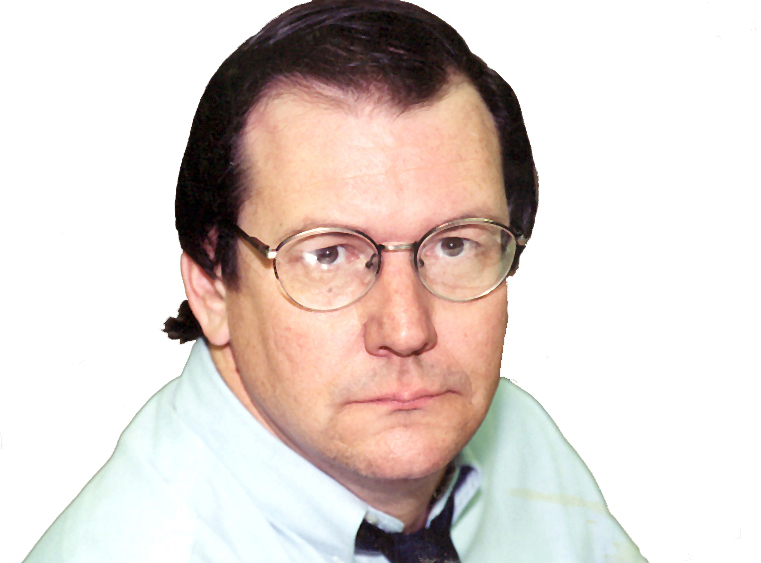
Earlier this year, at a time when the Democratic National chair had been browbeaten into doubling the number of debates among the presidential candidates from three to six, half of those were scheduled for weekdays and half for weekends (one each on Tuesday, Wednesday, Thursday, and Sunday, two on Saturday).
“Some Democrats say that the schedule of six debates including some on weekends limits voters’ exposure, giving Clinton an edge,” said a report by Politifact.
“I think we can safely say that weekend time slots are not the key to maximizing the viewing audience,” John Schroeder at Northeastern University added.
Good grief. Do you get the feeling that we are pampering voters too much? Are we really making voters watch television ON WEEKENDS in order to stay informed? How onerous!
Since the 1960s, officialdom has gone out of its way to make civic engagement easier.
Absentee ballots are easier to obtain and cast.
Registering to vote has been made simpler in numerous ways. Voter registration at the motor vehicles bureau, mail-in registrations, voter registrars everywhere from shopping centers to bus stations, all to help voters avoid the burdensome trial of stopping by the county courthouse for ten minutes once in a blue moon.
For voters who couldn’t squeeze in another ten minutes in a twelve hour day every other year to actually vote, early voting was introduced. Now, in Nevada at least, voters can start voting 17 days before the actual election day. Dozens of early voting polling places (88 in Clark County) are created. And still Nevada has among the lowest turnout in the nation.
In presidential years, crybabies in caucus states feel the pain of giving up an afternoon of watching sports or going shopping to spend a couple of hours with their neighbors talking about the minimum wage and choosing a president. They want a primary system where they can race into a school, cast a vote, and run out again. In fact, most of them never get registered, much less vote.
With all these methods for making things easier on indolent voters, the voter turnout rate has changed very little in the past 40 years. The same people tend to put in the time, year in and year out, to be involved.
It’s hard to believe that within the lives of some of us, people actually died trying to register to vote.
In 1955, when I was six, the Rev. George Lee was a grocer and printer in Humphreys County, Mississippi. He urged his congregants to register. He printed leaflets, called public meetings, raised money for poll tax payments. A White Citizens Council was formed to stop him. White law enforcement officials would provide him protection only if he agreed to stop campaigning for voting. He was shot and killed.
Herbert Lee, no relation to George, tried to help his neighbors to vote in Amite and Pike Counties in Mississippi. Mississippi State Rep. E.H. Hurst shot and killed Lee. The white legislator was never charged.
People had to pay for the privilege of voting until relatively recently. In 1910 Nevada imposed a tax on voting. The poll tax was basically an inconvenience and a revenue producer designed to make things difficult for low income ethnics and whites.
In 1961, Washoe County Assessor Albert Boyne said the poll tax had effectively evolved into a road tax and questioned why it wasn’t imposed on anyone using highways.
“Suppose I asked you for your poll tax right now and you refused to pay,” he said in 1961. “I could seize your property in an hour and sell enough to collect the $3. I hope the 1961 Nevada Legislature sees fit to repeal it.” Three dollars in 1961 was the equivalent of $24 in 2016 dollars.
They didn’t repeal it in 1961. Not until 1966 did it appear on the state ballot and Nevadans repealed it 87 to 13 percent.
It’s good they went to that kind of trouble so that Nevadans can bounce along with a norm as among the five lowest voter turnout states in the nation.
Dennis Myers is an award-winning journalist who has reported on Nevada’s capital, government and politics for several decades. He has also served as Nevada’s chief deputy secretary of state.